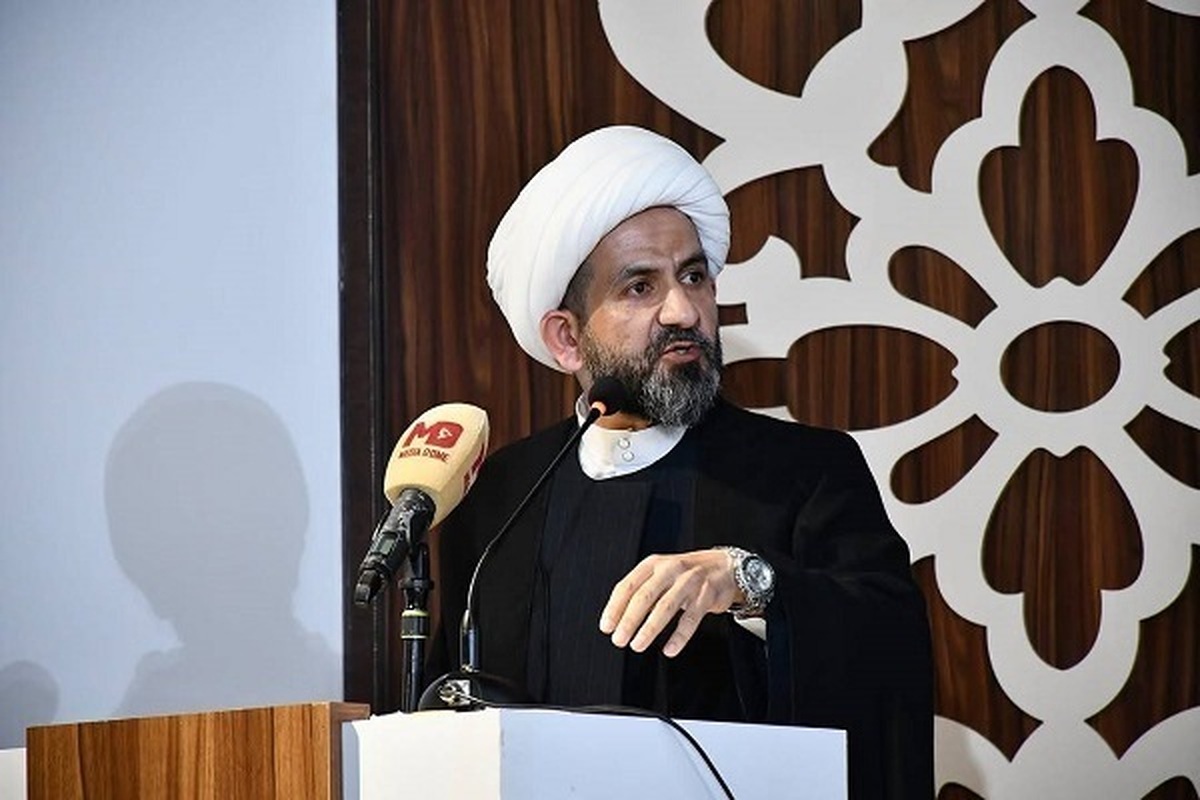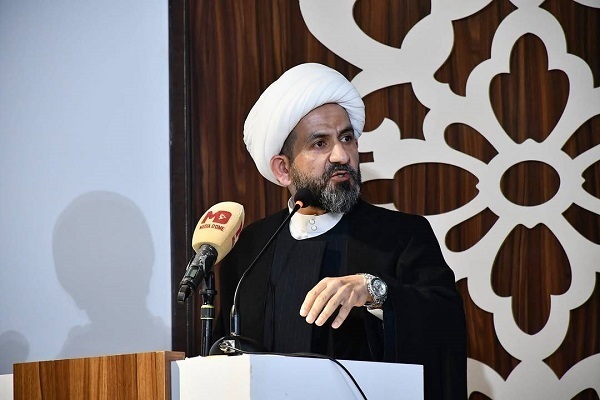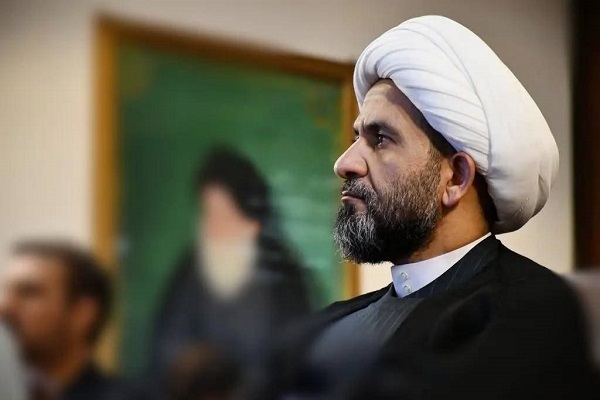Imam Ali Introduced Invaluable Experience of Islamic Governance: Cleric


Sheikh Haidar al-Shammari made the remark in an interview with IQNA, stressing that the Islamic governance experience of Imam Ali (AS) serves as a global model.
It is a gift for the ummah and a standard for any system seeking to establish a government of divine justice, he stated.
“The governance model of Imam Ali (AS) suggests that an Islamic government can be established on earth. Imam Ali (AS) himself implemented this by establishing a government based on Islamic principles and teachings.”
When Imam Ali (AS) established his government in this manner, he provided a great opportunity for the community and demonstrated that Islam has the capacity to manage society, the cleric said.
“On the other hand, this experience serves as a model for other leaders who wish to follow in the footsteps of the Messenger of God (PBUH). Consequently, his governance has become a standard for any ruler that seeks to establish a divine justice system. Imam Ali (AS) was able to present this pioneering model to the Islamic community. Not only did he implement this model in his own government, but he also articulated his approach to governance in his speeches and directives to governors such as Malik al-Ashtar.”
He emphasized the role of Imam Ali (AS) in safeguarding Islamic identity, stating that if we want to discuss how Imam Ali (AS) protected the identity of the Islamic faith, we can find numerous stances he took from the very early days following Prophet Muhammad’s (PBUH) mission.
Read More:
“Imam Ali (AS) defended the Prophet (PBUH) and supported him. He was the first person to believe in the Holy Prophet (PBUH) and the first fighter alongside him. He was a warrior who gave everything a person could in the name of his faith and belief.”
Sheikh al-Shammari added that Imam Ali (AS) protected the true identity of the Islamic religion in various capacities. “In the political arena, he did not defend his right to the caliphate because he believed that doing so might lead to the collapse of the Islamic community and political conflicts, potentially causing various security and social issues that could weaken the faith of Muslims and create further problems. For this reason, he dedicated himself to preserving Islam and its identity, despite his lack of faith in the legitimacy of those who came to power before him.”
He noted that, in truth, Imam Ali (AS) devoted all his efforts to safeguarding the foundation of Islam and the true identity of this religion, even though he was an infallible Imam and fully aware that the caliphate was his rightful position.

“He was the only person after the Prophet (PBUH) capable of managing the community and was the most deserving of succeeding the Messenger of God.”
The Najaf Seminary scholar also highlighted the significance of Nahj al-Balagha in human thought, saying, “Undoubtedly, all of Imam Ali’s (AS) achievements are immense and remarkable. Every word and statement he made in Nahj al-Balagha conveys a message and a human approach that Imam Ali (AS) established across various dimensions, including moral, social, and political aspects.
Read More:
“Anyone who explores the words of Imam Ali (AS) will find that his advice to Malik al-Ashtar serves as a set of guidelines and a program for any ruler who wishes to govern based on the principles of truth and justice.”
4261881



